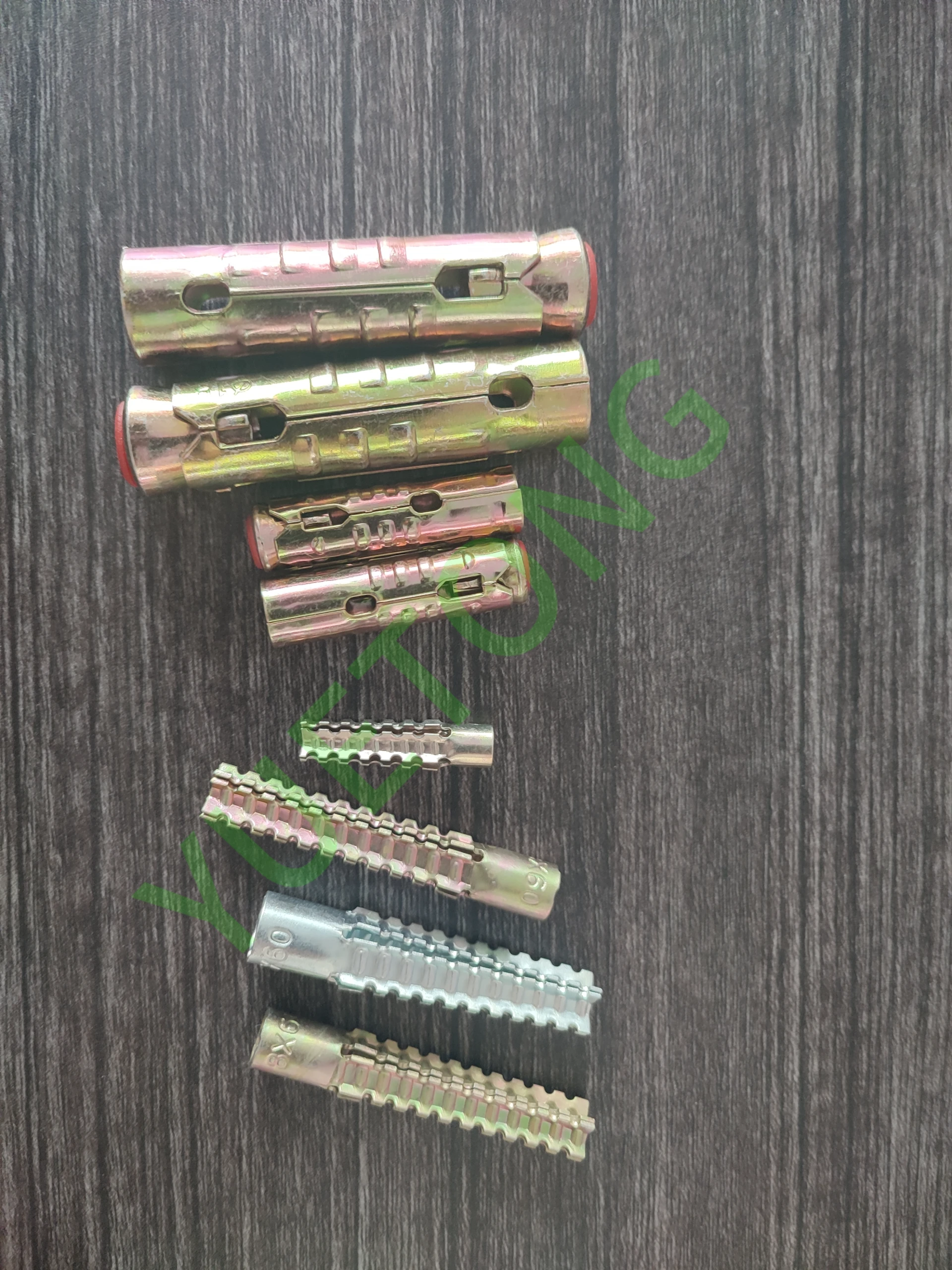okt . 11, 2024 13:37 Back to list
nylon screws
Understanding Nylon Screws Benefits and Applications
Nylon screws, made from high-quality nylon, are essential fasteners that have gained popularity in various industries. They are particularly valued for their unique properties, including corrosion resistance, lightweight, strength, and insulation capabilities. This article will explore the benefits of nylon screws and their diverse applications.
One of the most significant advantages of nylon screws is their resistance to corrosion and chemicals. Unlike metal screws, which can rust and degrade when exposed to moisture or corrosive substances, nylon screws remain unaffected. This characteristic makes them ideal for use in environments where humidity, chemicals, or saline conditions are present, such as in marine applications, chemical processing plants, and outdoor equipment.
Another remarkable feature of nylon screws is their lightweight nature. Nylon, being significantly lighter than metals like steel or aluminum, offers a substantial reduction in weight without compromising strength. This attribute is particularly beneficial in industries where weight is a critical factor, such as aerospace and automotive sectors. Reducing the overall weight of components can lead to improved fuel efficiency and ease of handling during assembly.
Nylon screws also exhibit excellent electrical insulation properties. They are non-conductive, making them suitable for applications in electrical and electronic devices. Using nylon screws in these environments helps prevent short circuits and electrical failures, ensuring safer operation. These screws are commonly utilized in various electronic devices, such as computers, appliances, and circuit boards.
nylon screws

In terms of strength, nylon screws possess impressive tensile and shear strength. While they may not rival the strength of metal screws, they can withstand significant loads and stresses, making them suitable for a variety of applications. The ability to absorb shocks and vibrations is another advantage, allowing nylon screws to maintain their integrity even in dynamic environments.
Moreover, nylon screws are available in various grades and specifications, catering to specific application needs. Different grades of nylon offer varying levels of strength, temperature resistance, and chemical compatibility, enabling users to choose the best option for their particular requirements. This versatility is a significant factor in their widespread adoption across multiple industries.
However, it is essential to understand the limitations of nylon screws. While they are robust, they may not be suitable for high-temperature applications, as nylon can deform when exposed to extreme heat. Additionally, they may have lower load-bearing capacities compared to metal screws in heavy-duty applications. Hence, it is crucial for engineers and designers to evaluate the intended use carefully before selecting nylon screws.
The manufacturing process of nylon screws is also noteworthy. They can be produced through methods such as injection molding, which allows for the creation of complex shapes and sizes. This flexibility in design enhances their usability in various applications, ensuring that they meet the specific needs of different projects.
In conclusion, nylon screws are a valuable alternative to traditional metal fasteners, offering numerous benefits such as corrosion resistance, lightweight design, electrical insulation, and versatility in applications. As industries increasingly seek materials that enhance performance while reducing costs, nylon screws are likely to see even more extensive use in the future. Their continued innovation in manufacturing and design may lead to new applications and further advancements in technology, making them an essential component in many fields.


